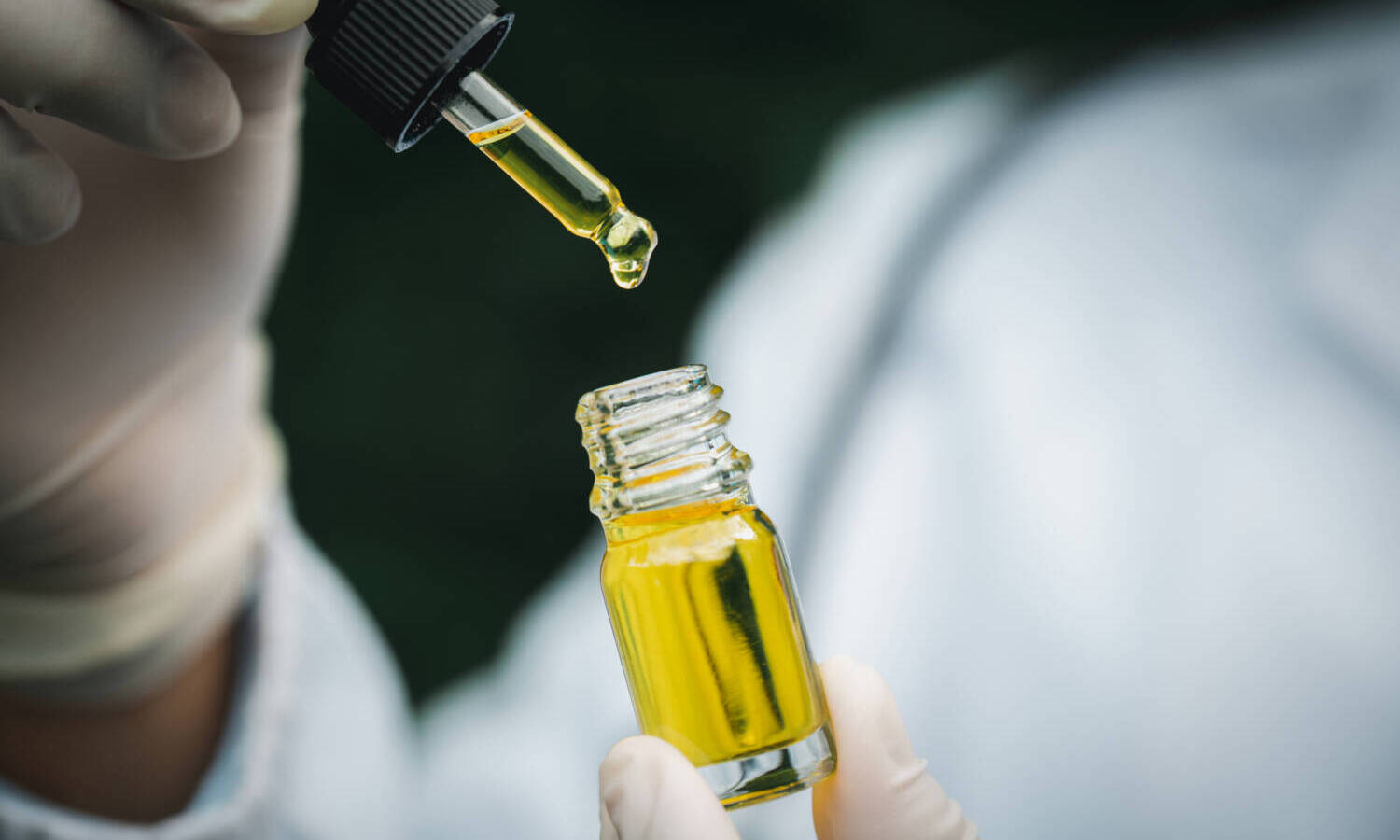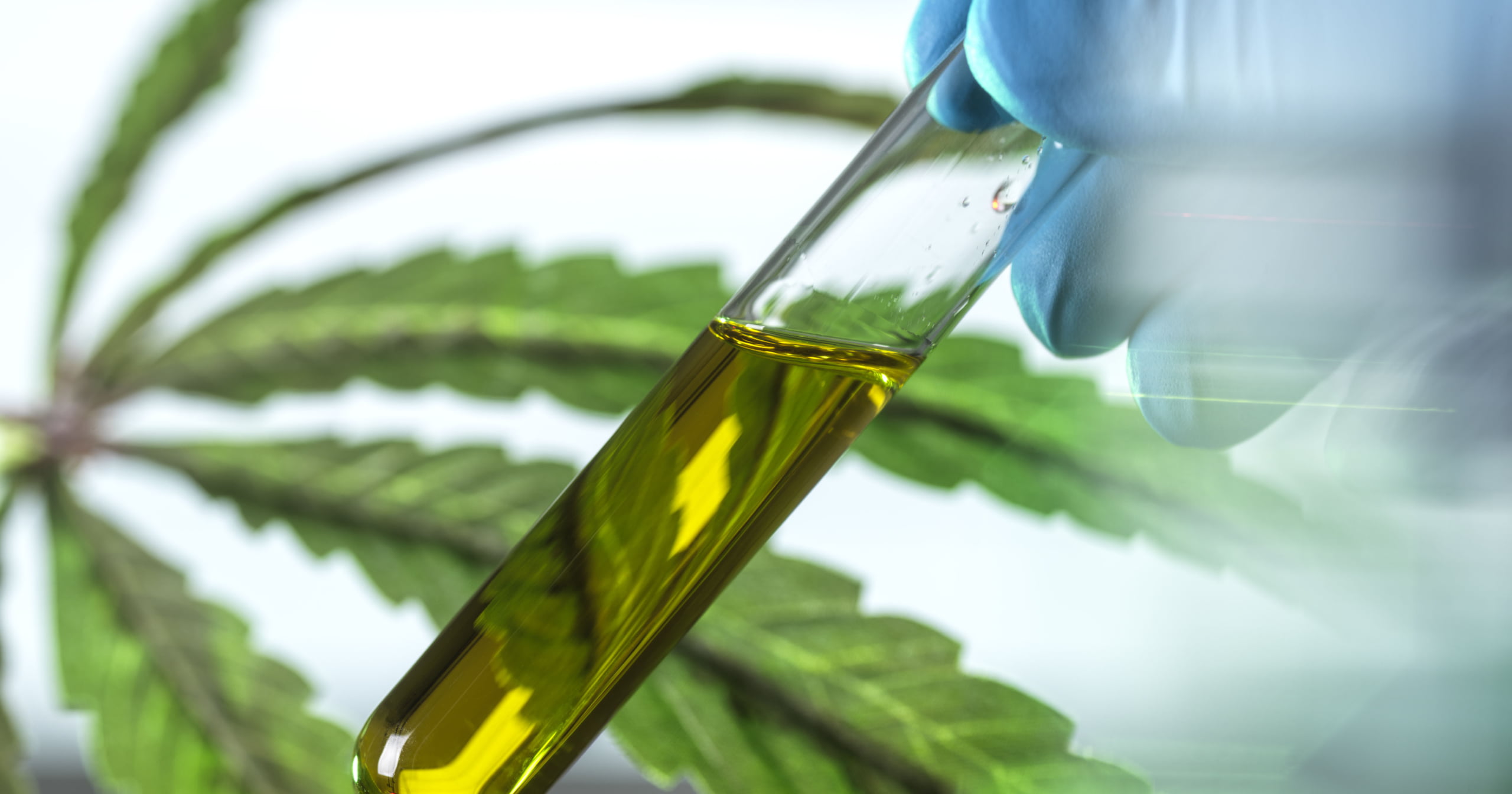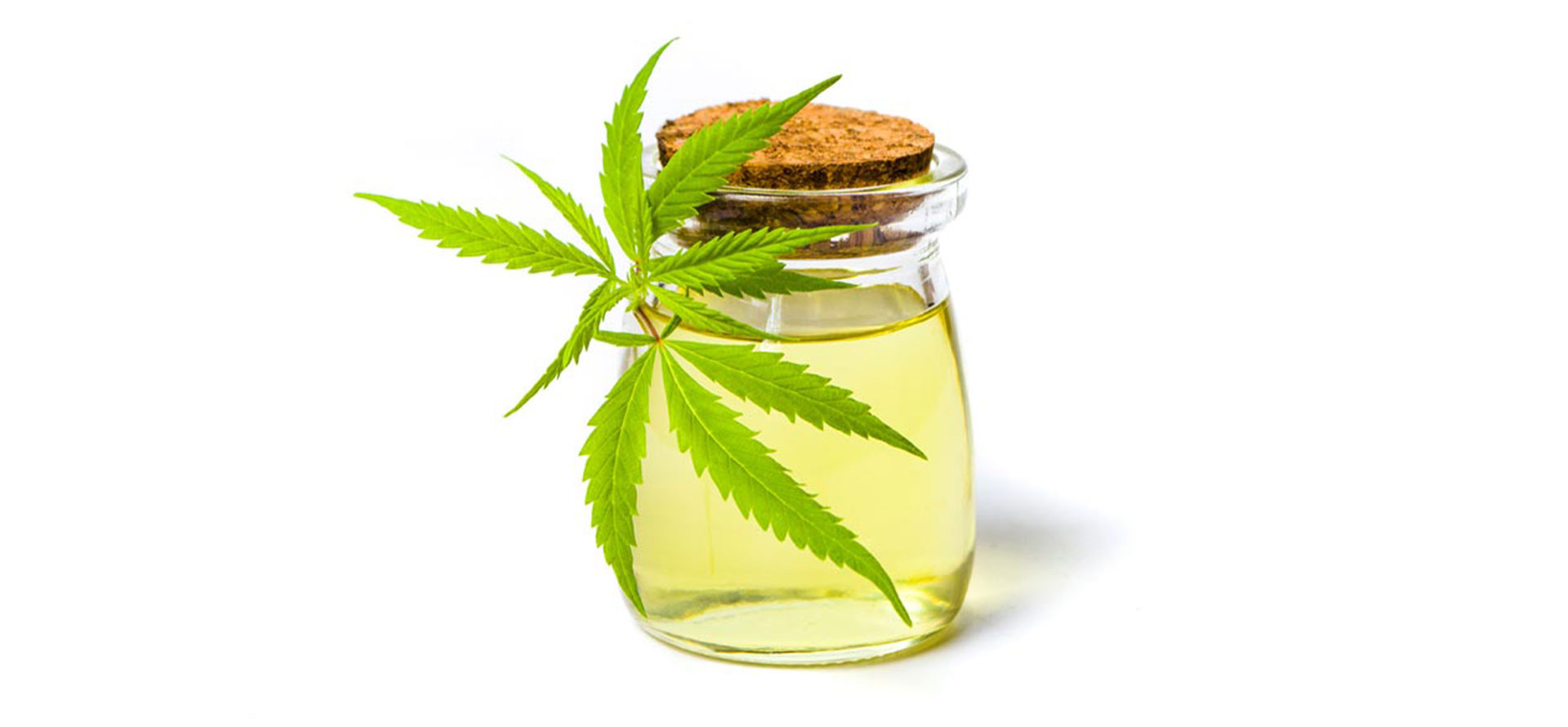News
Are Cannabis Edibles Better Than Smoking? Pros, Cons, and Facts
Effectiveness and Duration

Effectiveness and Duration Therefore, among all those benefits associated with cannabis edibles, perhaps, the most significant one is its durability and efficiency. It must be noted that when cannabis edibles containing cannabinoids such as THC are consumed, these substances go through a process of metabolization in the liver. This metabolic process makes the effects of the pill take longer than smoking the substance, generally taking a range of 30 minutes to 2 hours for the users to feel the ultimate effects. This delayed onset is because of the time that it takes for the cannabinoids to be ingested in the body and to be metabolized through the gastrointestinal system and the bloodstream.
Still, when the effects do set in, they are more severe and have a longer duration as compared to those elicited by smoking marijuana. Cannabinoids Active for Long Periods – This means that both medical marijuana consumers and recreational marijuana users, stand to benefit from the constant release of cannabinoids for such an extended period. It may be a preferable form, especially for medical users as they are likely to get long-lasting relief to similar ailments like chronic pain, anxiety, or insomnia other than the comparatively shorter-lasting relief offered by smoking. Likewise, those users who aim to get high for a longer period or where the desired effect is to be continuous over several hours may wish to consume edibles, as cannabinoids would be released steadily into the bloodstream.
Altogether, the onset of action is relatively slower and the effects are longer lasting than the inhaled cannabinoids, which makes cannabis edibles the first choice for those seeking long–term therapeutic effects or prolonged pleasurable sensations.
Health Considerations
In terms of health, edibles are considered safer than smoking and there also are no stories of people choking on an edible. Also, while smoking exposes the lungs to potential pitfalls such as tar and carboxyhemoglobin, consuming an edible is free from such respiratory hazards. And this makes edibles a popular option, especially for anyone concerned about the effects that smoking has on the lungs in the long run.
Precise Dosing

Compared to smoking marijuana, edibles are beneficial in terms of controlling portions and, therefore, can help control the dosage. While some pitfalls including the amount that can be ingested and potency can influence how much THC and CBD is consumed in cigarettes, legitimacy and standardization make edibles the best Products. Every joyfully gumming product declares the concentration of cannabinoids, which range in milligrams present in the product. This is unlike when one is taking different drugs formulated by different companies where transparency is hardly seen and this affects the dosing, especially for those managing specific symptoms like diabetes or cancer patients.
Hence, precise dosing and repeatability are critical in meeting desired medical outcomes without stressing potential dangers involving wrong dosages. It is easier to control the portions taken and this can reduce the chance of having negative effects or an inconsistent feel of the effects. This reliability is particularly important in situations when the treatment of the symptoms requires a stable and long-lasting effect.
In addition, edibles formatted into varied doses help the discouragement of use or abusive use of the products. Healthcare practitioners advise people desiring to use marijuana as a means of treating various conditions and diseases to use edibles due to their discretion, efficiency, and manageable, dosing method. This dosing precision is the reason why edibles are taking the market as enthusiasts uptake cannabis products for therapeutic and leisure smoking purposes.
Delayed Onset and Overconsumption Risks
However, the primary disadvantage of edibles is that the high lasts much longer than when other forms of marijuana are consumed and its effects begin later to kick in. Some of the effects of different marijuana products could be seen much sooner than others; for example, smoking marijuana has almost immediate impacts on the body and the brain; on the other hand, edibles will be set in between 30 minutes to 2 hours. This delay may make some of the users take more than deserve which may cause overloading and problems such as anxiety or paranoia.
Variability in Effects

The difference in pharmacological effects when consuming cannabis edibles and smoking results from different metabolic pathways and absorption rates at which cannabinoids in edibles act on the body compared to smoking. Inhalation is one of the quickest ways of taking cannabis because when cannabis is smoked it diffuses through the lungs directly to the veins thus producing almost immediate effects which may peak within minutes.
However, with edibles, the THC enters a different metabolic process in that the main psychoactive component is first absorbed and then metabolized before it is distributed in the body. THC, which is one of the cannabinoids, is only absorbed after its consumption goes through the digestive system and the liver before it is processed and distributed in the bloodstream. This route also lacks immediacy and can take as long as 30 minutes to 2 hours to reach peak experience and may also depend on one’s metabolism and empty stomach.
One disadvantage of edibles is the time that it takes before it manifests its effect, and because of this, some users take large amounts at a go without realizing the strength of the cannabis consumed. Furthermore, when edibles containing THC are ingested, the THC readily moves from the stomach to the small intestine and then to the liver where it is metabolized to its active form, 11-hydroxy-THC, which is even more potent than THC and thus may produce more severe and long-lasting effects. This variability highlights the proposition that people should be cautious when using edibles, lesser, especially for new firsthand consumers or those who have poorly understood their tolerance level.
Possible undesirable outcomes should be countered by taking small proportions of THC while consuming edibles and at least waiting for something more than 2 hours before adding some more. It makes the analysis of the results easy and helps the users to assess their reactions and fix them if needed. It is important to comprehend that edibles provoke the onset of different effects, are more potent, and have a longer duration compared to smoking and it will help to choose the most suitable method of cannabis consumption taking into consideration individual preferences and expectations of secondary effects.
Social and Convenience Factors
In social contexts, specifically recreational usage, smoking weed is mainly related to social engagements and current pleasures. It provides a quicker onset of action, and far better control of the dosage through the use of inhaler devices. Moreover, smoking does not mean any process to be followed before a person is ready to take a puff; whether it is a joint or pipe, it is easier for some people to engage in the activity at social events.
Personal Preference and Accessibility
In assessing the differences between consuming cannabis edibles and smoking, the choices available and one’s favourite or preferred form become determining factors. Of course, not everyone wants grandstanding; for those who are more private, or those who value having a product that allows for dosing with an accuracy that makes the need for regulation plausible, cannabis-infused edibles are ideal. Edibles are pre-packaged convenience foods that provide consumers with all the active ingredients of cannabis without them noticing the smell of smoke, particularly in places where the use of marijuana is permitted but smoking is prohibited. Furthermore, users can always know the quantity of the CBD ingredient in their serving which enables them to regulate cannabis usage effectively, especially for medical purposes where the precise dosage is vital in eliciting the desired response.
On the other hand, smoking cannabis retains its charm ‘for various reasons.’ The packaging process of rolling a joint or preparing the bowl can be almost as much a part of the marijuana culture as well as the process. It is also readily available to give almost instant results, thus making it within the wish of anyone in need of quick fixes or remedies for stress. Moreover, smoking itself can be recognized as one more form of recreation when people do nothing and just think about something else.
In choosing between edibles and smoking, the following aspects ought to be considered: Lifestyle: A person’s daily activities, Health condition: Medical conditions or physical well-being Preferred effects: This focuses on whether one requires immediate onset of THC or a slow, long-lasting high. While each of these methods has its advantages and disadvantages, successful and unsuccessful experiences may vary greatly depending on the individual. Approaching these aspects more purposeful means a conscious decision is made and therefore an optimal choice regarding personal preference and the experience with cannabis.
Cannabis edibles and smoking are not bad but have various benefits and problems and should be used responsibly. The use of edibles also has the added advantage of having long-lasting effects, dosage measurement, and decreased health risks of smoking. On the other hand, smoking is fast-acting fits the image of cool and trendy and has more control as compared to the other methods stated here. Being aware of these pros, cons, and facts enhances the user’s control over the information they are receiving and thus directs them to make optimal choices concerning their preferences and health concerns.


